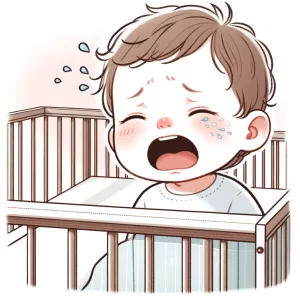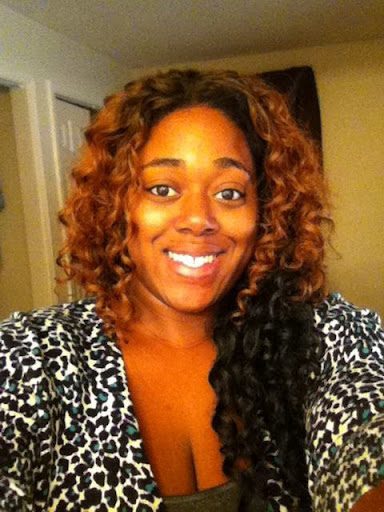
You love your parents, yet something about your childhood just doesn’t sit right. Maybe you felt like the adult in the relationship, or perhaps you notice a deep sense of guilt, perfectionism, or fear of setting boundaries that seems to trace back to family patterns. If that resonates, you may be dealing with the after-effects of narcissistic parenting—an experience millions share but few immediately recognize.
The good news? Once you can spot the signs, you can start healing on your terms. Below are five hallmark patterns of narcissistic parents—followed by concrete, therapist-approved strategies you can use to protect (and rebuild) your emotional health.
1. Your Achievements Were Never Truly Yours
Think back to big wins: straight-A report cards, sports trophies, college admissions. Did your parent soak up the spotlight—“We worked so hard!”—or turn your success into their bragging rights? Narcissistic parents see children as extensions of themselves, not independent beings. Your accomplishments become props for their ego, and your “failures” feel like personal attacks on them.
The impact: You may grow up believing love is conditional and that worth equals achievement.
Try this:
- Celebrate privately. Keep a journal (or trusted friend group) where you honor wins on your terms.
- Reframe mistakes. When you fall short, say out loud: “My value isn’t tied to this outcome.” Over time you’ll weaken perfectionism’s grip.
2. You Had to Parent Your Parent
Many adult children remember soothing a parent’s meltdowns, mediating parental conflicts, or tiptoeing around volatile moods. This role reversal—called parentification—is emotionally exhausting.
The impact: Chronic hyper-vigilance, people-pleasing, and difficulty recognizing your own needs.
Try this:
- Name the switch. Simply labeling the unfairness (“I was the caretaker, not the kid”) can lift shame.
- Practice saying “maybe later.” Small acts of self-prioritization retrain your nervous system to see your needs as valid.
3. Your Inner Critic Is Ruthless
Did compliments feel rare while criticism felt constant? Children internalize that harsh commentary and replay it as adults. At the same time, you might over-empathize with people who mistreat you—because empathy was a survival skill.
The impact: Extreme self-criticism, emotional numbness, or accepting unhealthy relationships.
Try this:
- Counter the critic. When the inner voice says “You’re a failure,” answer with a factual neutral thought: “I made one mistake, and mistakes are human.”
- Track empathy leaks. Notice when you excuse others’ bad behavior at your expense. Pause and ask: “Would I allow this for someone I love?”
4. Boundaries Feel Dangerous—Yet Vital
Telling a narcissistic parent “no” often triggered guilt, rage, or silent treatment. As an adult, boundaries may feel like betrayal.
The impact: Saying “yes” when you mean “no,” or over-explaining simple requests.
Try this:
- Start micro. Set a low-stakes limit (e.g., “I can’t talk after 9 p.m.”). Enforce it once. Each success rewires the fear response.
- Use written scripts. Draft short phrases (“I’m not discussing that topic”) to avoid on-the-spot scrambling.
5. You Need—and Deserve—Support
Survival skills that protected you as a child can isolate you as an adult. Healing accelerates when you’re surrounded by people who validate your reality.
The impact: Difficulty trusting, minimizing your own pain, or feeling undeserving of help.
Try this:
- Find validating spaces. Trauma-informed therapists, support groups, or online communities (e.g., r/raisedbynarcissists) can normalize your experience.
- Schedule “body time.” Activities that calm the nervous system—yoga, walking, art—turn self-care into tangible healing, not a buzzword.

Your Past Isn’t Your Identity
Recognizing narcissistic parents isn’t about blame—it’s about liberation. People-pleasing, emotional burnout, or shaky boundaries aren’t character flaws; they’re adaptive strategies you no longer need. Healing isn’t linear, but every small boundary kept, every self-kind thought, is a brick in the foundation of a new, self-directed life. You deserve relationships that honor your worth—starting with the one you have with yourself.
Have you walked this path? Share a coping tool or supportive resource in the comments—your insight might be the lifeline someone else is searching for.
Read More
- The School Is Calling Again: 5 Ways to Help Change a Child’s Bad Behavior at School
- 4 Strategies to Encourage Healthy Eating Habits in Kids

Samantha Warren is a holistic marketing strategist with 8+ years of experience partnering with startups, Fortune 500 companies, and everything in between. With an entrepreneurial mindset, she excels at shaping brand narratives through data-driven, creative content. When she’s not working, Samantha loves to travel and draws inspiration from her trips to Thailand, Spain, Costa Rica, and beyond.



